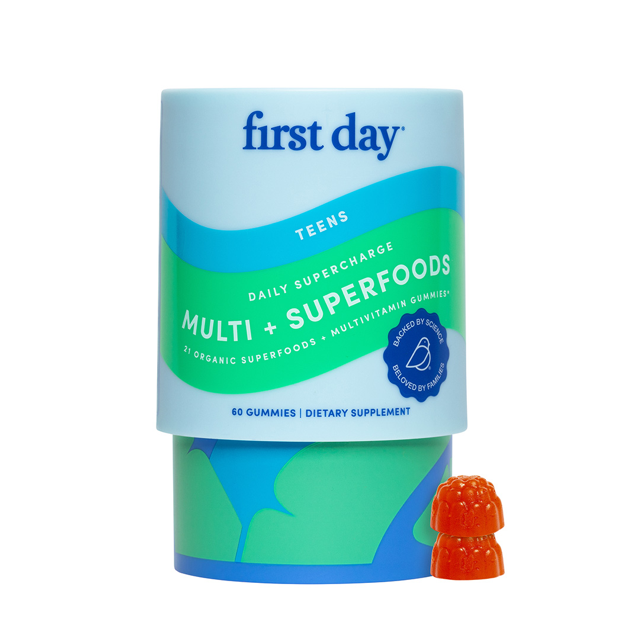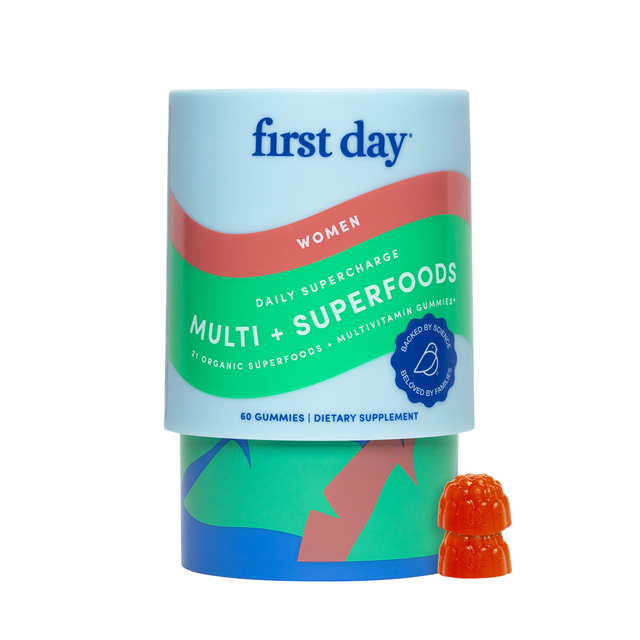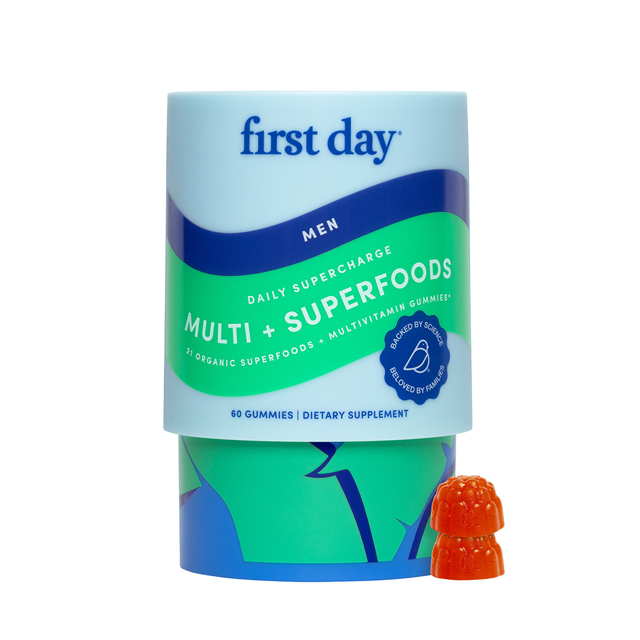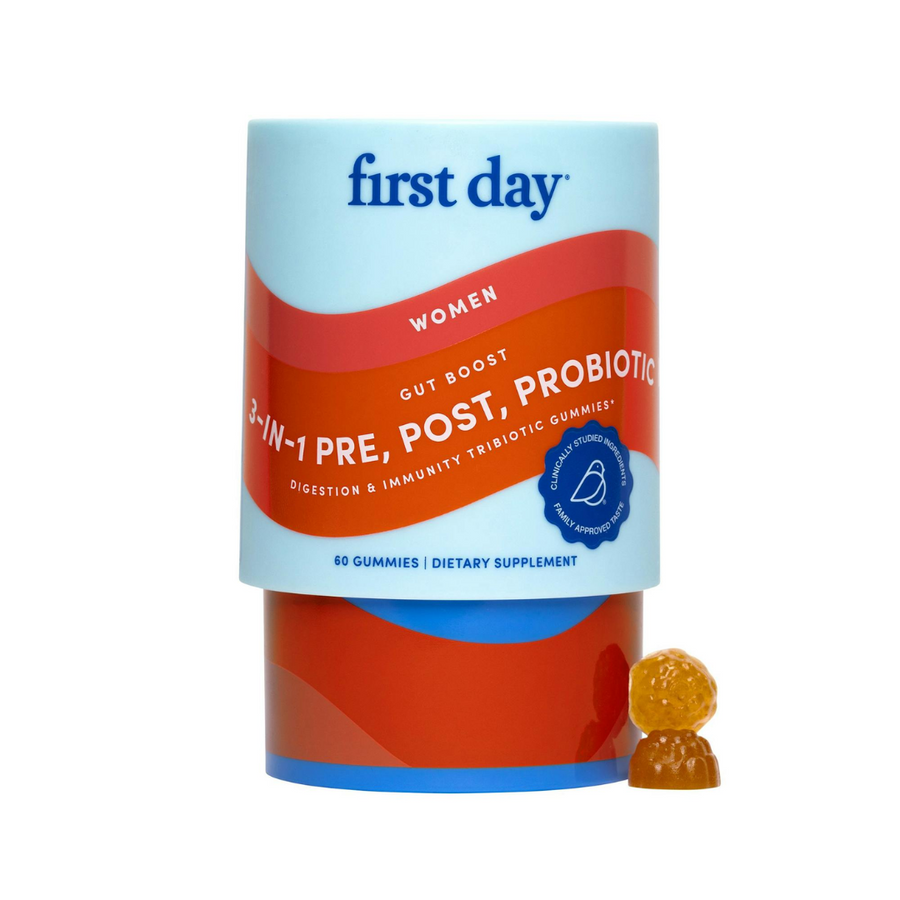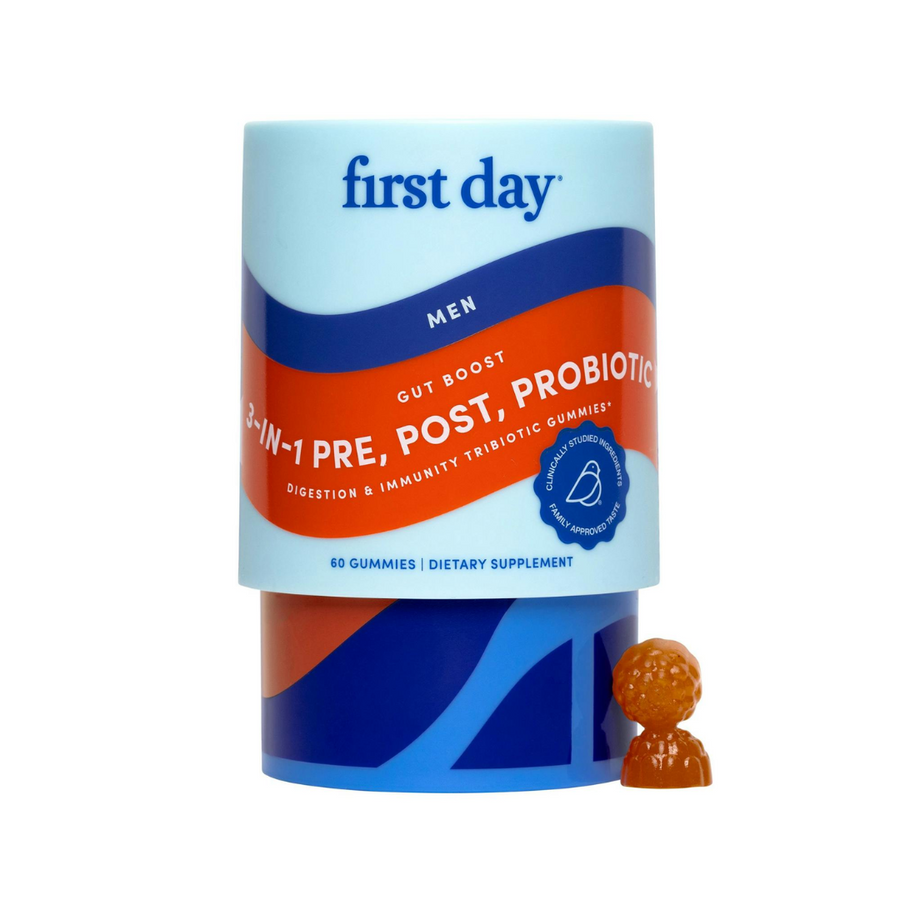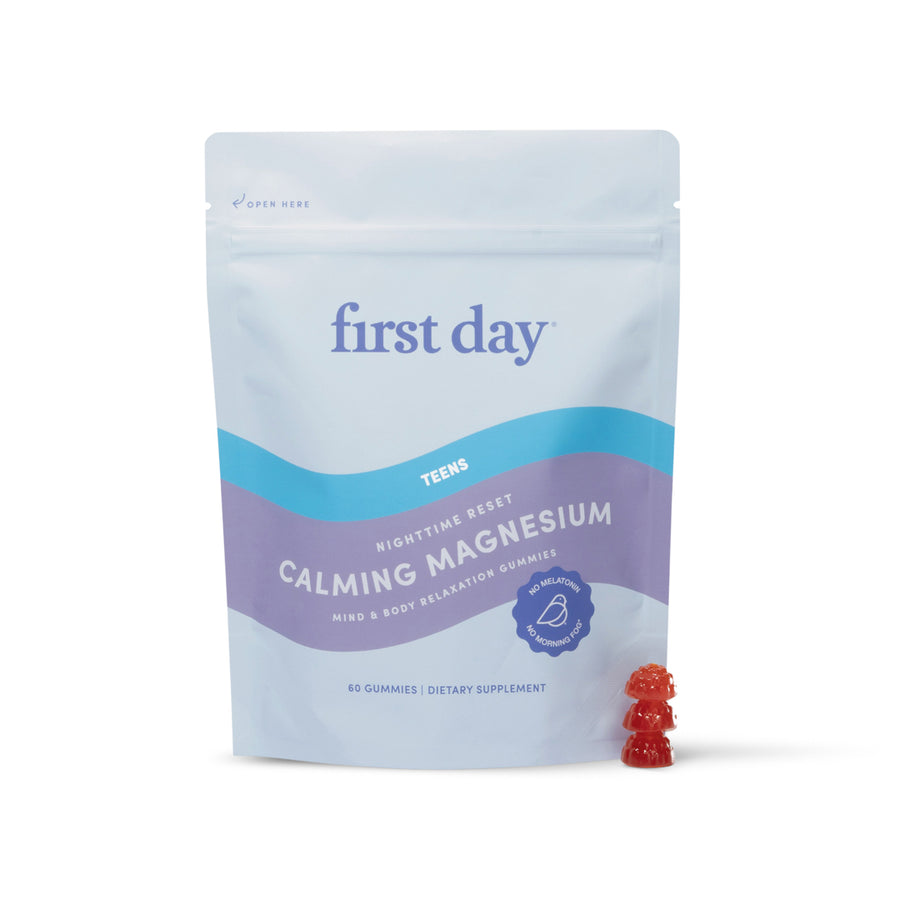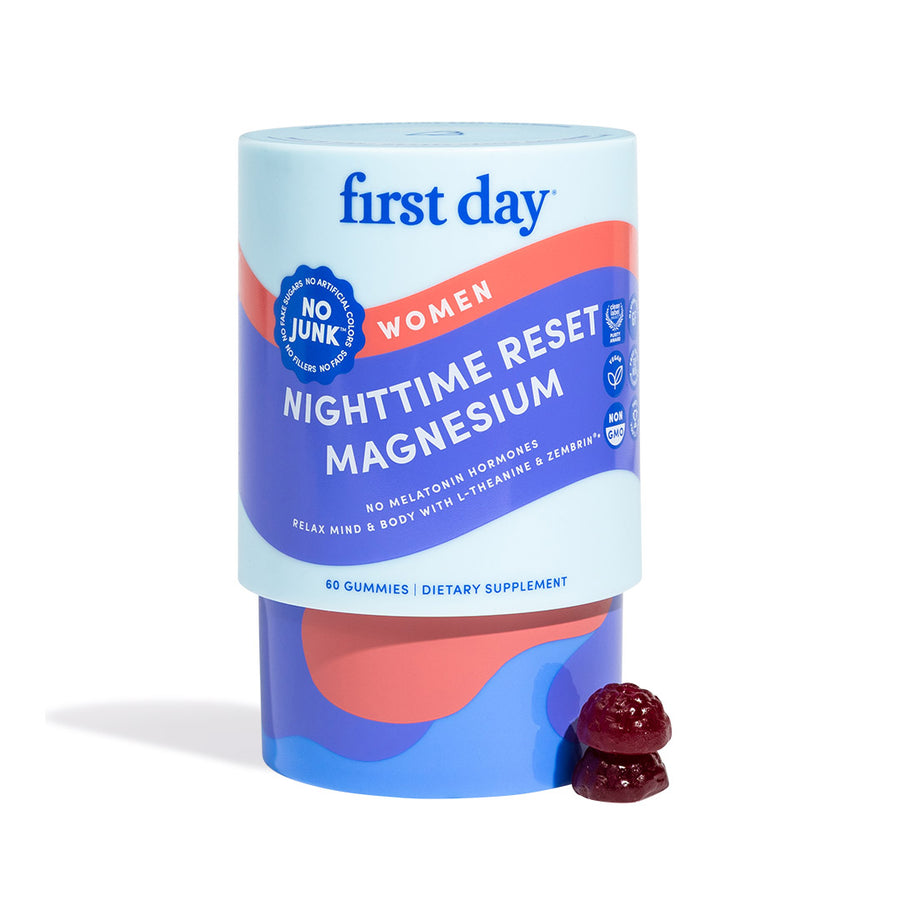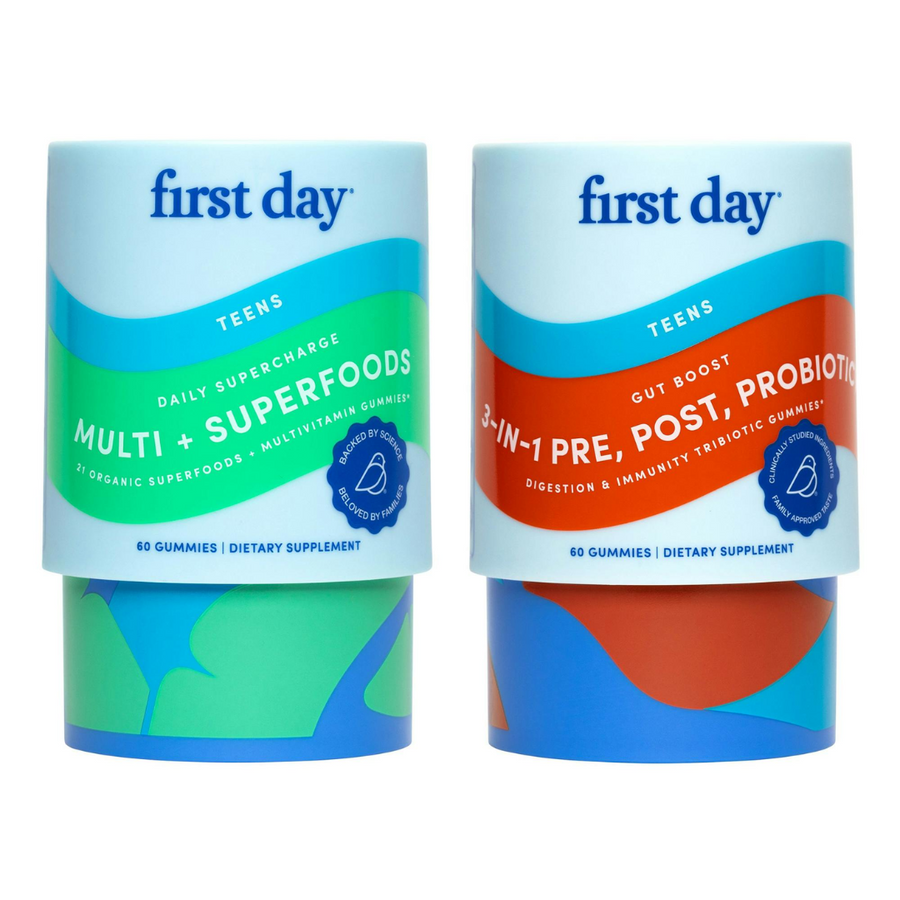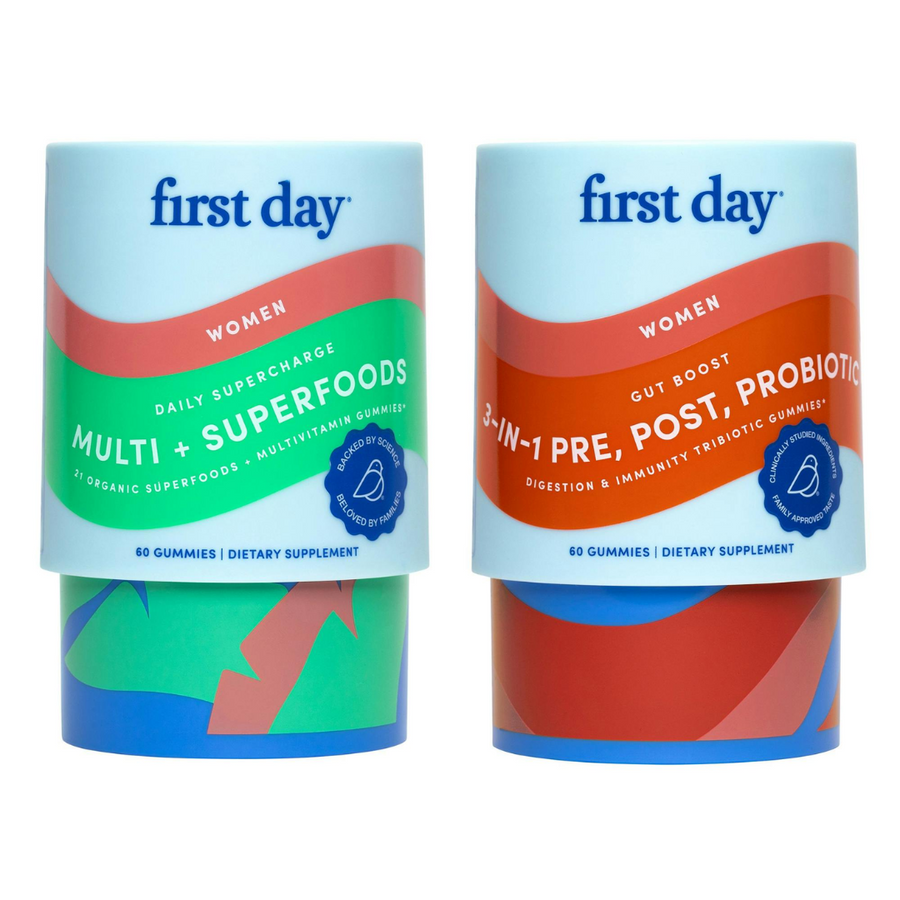Reducing weight can be a challenge at any time, but it can be extra difficult during menopause. During this time, your body goes through a lot of changes. However, it is possible to lose weight during the menopausal stage – you just need to know how to go about it.
 Fortunately, we at First Day are set to make things easier for you. This following guide will discuss the best ways to shed excess pounds during menopause and get back into shape! A ton of simple tweaks can make a huge difference. You’ll be feeling good inside and out in no time.
Fortunately, we at First Day are set to make things easier for you. This following guide will discuss the best ways to shed excess pounds during menopause and get back into shape! A ton of simple tweaks can make a huge difference. You’ll be feeling good inside and out in no time.
What is menopause?
Before we get into the specifics of losing weight during the menopausal stage, it is essential to understand this time in a woman’s life.
Menopause is when a woman’s menstrual periods stop. She can no longer become pregnant, which usually occurs between the ages of 45 and 55. This stage is also often associated with a certain amount of weight gain and other menopausal symptoms.
That doesn’t mean you have to stop feeling good about yourself. If anything, it’s finally time to focus on you.
What causes weight gain during menopause?
Several factors can cause menopause weight gain. These include:
- Low estrogen levels – Low estrogen levels in the body can lead to an increase in appetite, which could result in overeating and gaining weight.
- Low testosterone levels – Low testosterone levels may also contribute to a reduced metabolic rate, which could lead to weight gain.
- Hormonal fluctuations – As the body goes through menopause, many hormonal changes can affect a woman’s weight. For example, high levels of a stress hormone like cortisol, can increase fat storage around the waistline.
These factors can make it more challenging to burn fat during menopause. However, there are some things you can do about it!

What are typical menopausal symptoms?
- Hot flashes: Hot flashes are a common symptom of menopause. A hot flash is when you feel like your face and body are hot all over. They can last anywhere from 30 seconds to several minutes at once.
- Sleep disturbances: Sleep disturbances are also common during menopause. This is because the body’s temperature regulation system feels a little off-balance, leading to sleep problems.
- Heart disease: A woman’s risk for heart disease increases with age, especially after the age of 60. This can be due to a combination of factors, including high cholesterol levels and increased body fat around the middle section (belly fat).
- Mood swings: Mood swings are another common symptom of menopause, and these can be due to the hormonal fluctuations that are taking place in the body.
- Insulin resistance: This is a condition that can develop during menopause. This occurs when the body becomes resistant to the effects of insulin, which is the hormone that helps regulate blood sugar levels. When this resistance develops, it can lead to type II diabetes and other health problems.
- Weight gain: Gaining extra weight is one of the most common side effects of menopause. This happens when the body’s metabolism slows down over time, making it easier to gain extra weight if you are not careful about what you eat and how much exercise. So drop those donuts, pronto.
So now you know all about what menopause is, its causes and some common symptoms. Let's get you started on preventing gaining weight during this time, shall we?

How does menopause make it challenging to reduce weight?
There are a few ways menopause can make it difficult for you to slim down. These include:
- Hormones – Hormones are a big part of menopause, and they can make it difficult to shed excess pounds. This is because your body doesn’t have the same levels of estrogen and progesterone. This can make you feel hungry all the time, leading to menopause weight gain.
- Metabolism – As you get older, your metabolism naturally starts to slow down. This means that it is harder to burn calories and prevent menopause-related weight gain as you get older.
- Activity level – As you go through menopause, your activity level can naturally decrease. This means that you are burning fewer calories than before, making it harder to cut down body fat weight during the menopausal stage.
Losing weight during menopause can be quite a challenge at first, but it is possible. It’s about taking the best steps to minimize menopausal symptoms and decrease body fat. That also means cutting back on those guilty pleasures and seriously getting back into shape!
Can you still lose weight during menopause?
Yes, you can still burn fat during menopause! In fact, it is important to try to maintain a healthy weight during this time because it can help reduce the risk of many diseases associated with menopause.

How can menopausal women reduce weight?
All hope is not lost. There are plenty of ways you can shed off those extra pounds even at this stage. First things first: Learning to eat better.
Discover what to eat and what not to eat during menopause.
- Plant-based: A plant-based diet can be a great alternative instead of animal meat. Legumes, nuts, soy, fish, and low-fat dairy products are good choices. However if you must eat meat, particularly red meat, you should eat it in limited quantities. Furthermore, it’s helpful to replace butter, stick margarine, and shortening with oils.
- Fruits and vegetables: Fruits and vegetables are healthy foods that can help you maintain your desired body weight. They are low in calories and high in fiber, which can help you feel full after eating them.
- Healthy fats: These fats can help with the absorption of specific vitamins and minerals, and they can also help you feel full after eating. Some good sources of healthy fats include extra virgin olive oil, nuts, seeds and avocados.
- Refined grains and starches: Refined grains, such as white rice or pasta, should be limited. Instead, try to eat whole grains, such as oatmeal or whole wheat bread.
- Processed foods: Processed foods, such as processed meats, frozen meals or take-out food, are not healthy and should be limited.
- Sugary foods: Sugary foods include sugar-sweetened beverages, cakes and cookies. Try to limit these types of food as much as possible because they can lead to weight gain.
- Too many Carbs: Carbohydrates are a good energy source, but eating too much of them can cause weight gain. Try to limit processed carbohydrates, such as white bread or pasta. Instead, consume more carbohydrates from whole grains, as well as fruits and vegetables.
Commit to exercises to help you lose weight during menopause.
- Aerobic exercise: Aerobic exercises can help increase your heart rate. Plus, they are low-intensity exercises that are fit for older women who may be prone to muscle wear and tear. Examples include walking, running, jumping rope, biking and swimming.
- Strength training: Strength training or muscle-strengthening activities are the opposite of aerobic exercise. It helps you build muscle mass. Some strength-training routines include lifting weights, using a resistance band or doing bodyweight exercises like push-ups.
This can help increase muscle mass, which can boost metabolism, decrease muscle loss from aging and most especially weight loss.
- Resistance training: Resistance training is another type of strength-training exercise that uses weights, bands or your body weight to work out different muscle groups. This type of physical activity can also help you to have more muscle mass and at the same time, be beneficial for weight loss.
- Yoga and pilates: No, these exercises aren’t just hype. Both yoga and pilates are balance exercises that can help improve strength, flexibility, balance and even burn calories. These types of activities can be helpful for women going through menopause. Yoga and pilates help reduce excess weight and can also build muscle.
Get a good amount of sleep to prevent weight gain during menopause.
Sleep is vital for overall health, and it’s crucial to get a good amount of sleep if you are trying to slim down. When you don’t get enough sleep, your body produces more of the hunger hormones called ghrelin, which stimulates appetite. Additionally, lack of sleep can lead to fatigue and decreased motivation, making it harder to stick to your diet and exercise routine.
During the menopausal stage, it can be hard to get enough sleep. This is because of the many changes that are happening in your body during menopause. What’s more, hot flashes, night sweats and trouble sleeping can also mean more sleepless nights.

Other weight-loss strategies during menopause
Avoid sitting for an extended period of time, be active instead
One of the best things you can do to help slim down during menopause is to move more. Try to be active by doing physical activities like regular exercise or yoga. Sitting for long periods can lead to weight gain, so it’s better to stand whenever you can.
Try other engaging, low-intensity exercises like Tai Chi
Tai Chi is an ancient Chinese martial art that combines slow, rhythmic movements with breathing exercises. It’s often practiced as a form of meditation and can help reduce stress, improve bone health, increase flexibility, boost your immune system and even weight loss.
Tai Chi can be a great way for you to get some exercise. It’s low impact, so it’s gentle on your joints, and the slow movements can help to burn fat. Plus, the meditation aspect of Tai Chi can help you manage stress during this time in your life.
Find a friend or a group to exercise with
It can be hard to stick to physical activity when you’re doing it by yourself, so find a friend or group to join. An exercise buddy or group will motivate you to exercise. Regular exercise will help your body burn calories.
Have a healthy eating patterns
Having a healthy diet and eating just the right amount of food is vital to prevent you from gaining weight. Eat meals only during your set time to avoid eating too much. This will help prevent you from eating mindlessly and snacking on unhealthy foods.
Woman's health during menopause
Women need adequate care and nutrition at all stages of their life, especially during the menopausal stage. Aside from the tips we mentioned earlier, supplementing could also be one way to boost your health during this time.

Women's Daily Supercharge gummies from First Day provide nine essential nutrients that enhance physical, mental, and emotional development in women aged 17 and up.
Discover First Day today and start living your best life yet!
SOURCES:
- https://www.mayoclinic.org/diseases-conditions/menopause/symptoms-causes/syc-20353397
- https://www.mayoclinic.org/healthy-lifestyle/womens-health/in-depth/menopause-weight-gain/art-20046058
- https://www.scripps.org/news_items/5432-5-tips-to-fight-weight-gain-after-menopause
- https:https://www.everydayhealth.com/menopause-pictures/ways-to-beat-menopausal-belly-fat.aspx//www.medicalnewstoday.com/articles/325386#menopause-and-weight
- https://www.everydayhealth.com/fitness/tai-chi-might-help-reduce-belly-fat-in-middle-aged-and-older-adults/
- https://www.ncbi.nlm.nih.gov/pmc/articles/PMC4620402/
- https://hifirstday.com/



